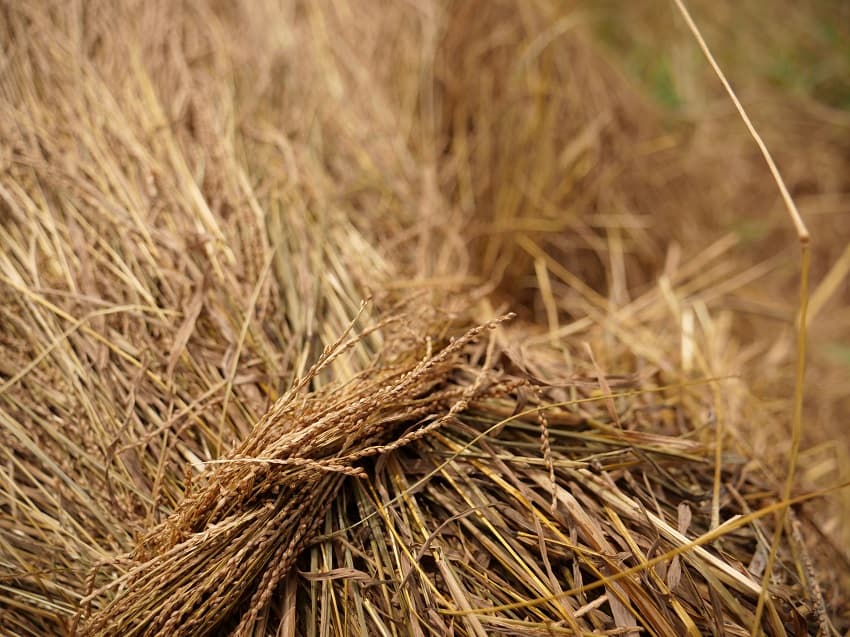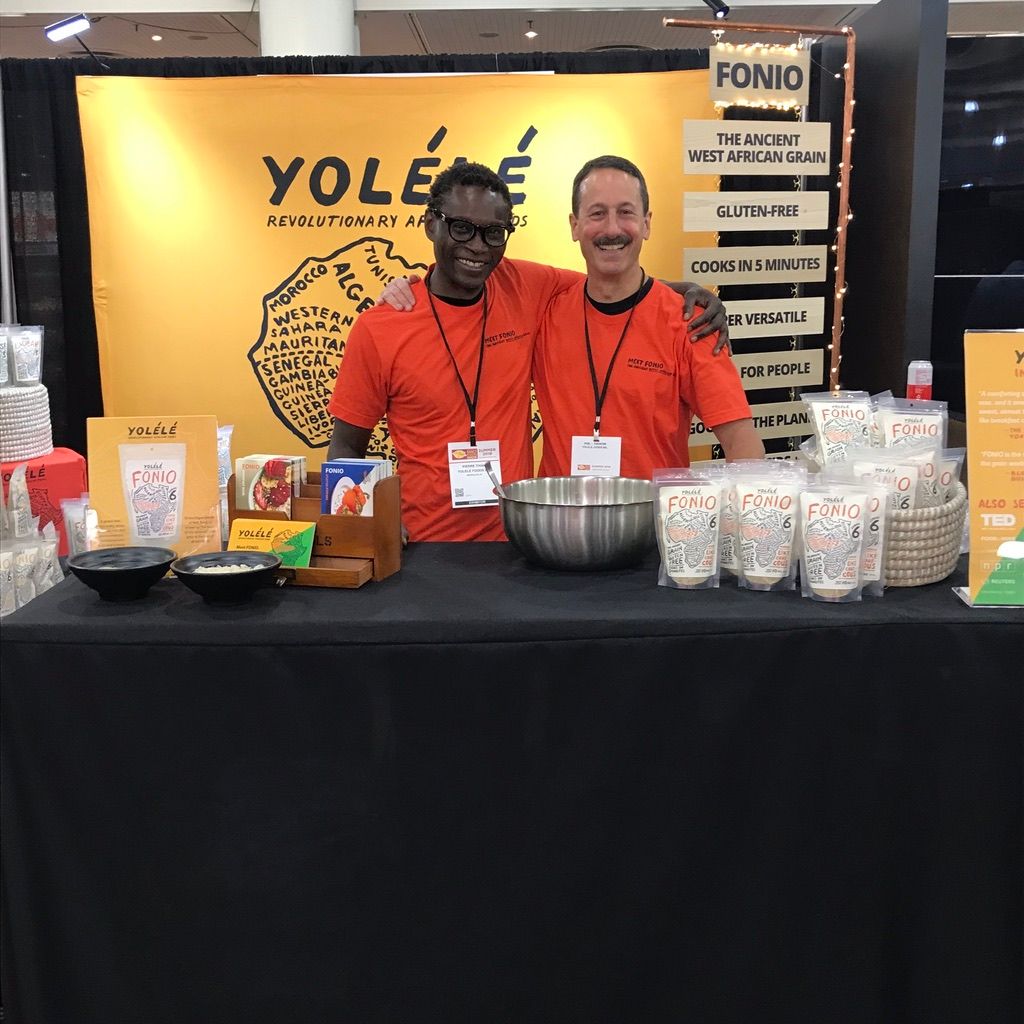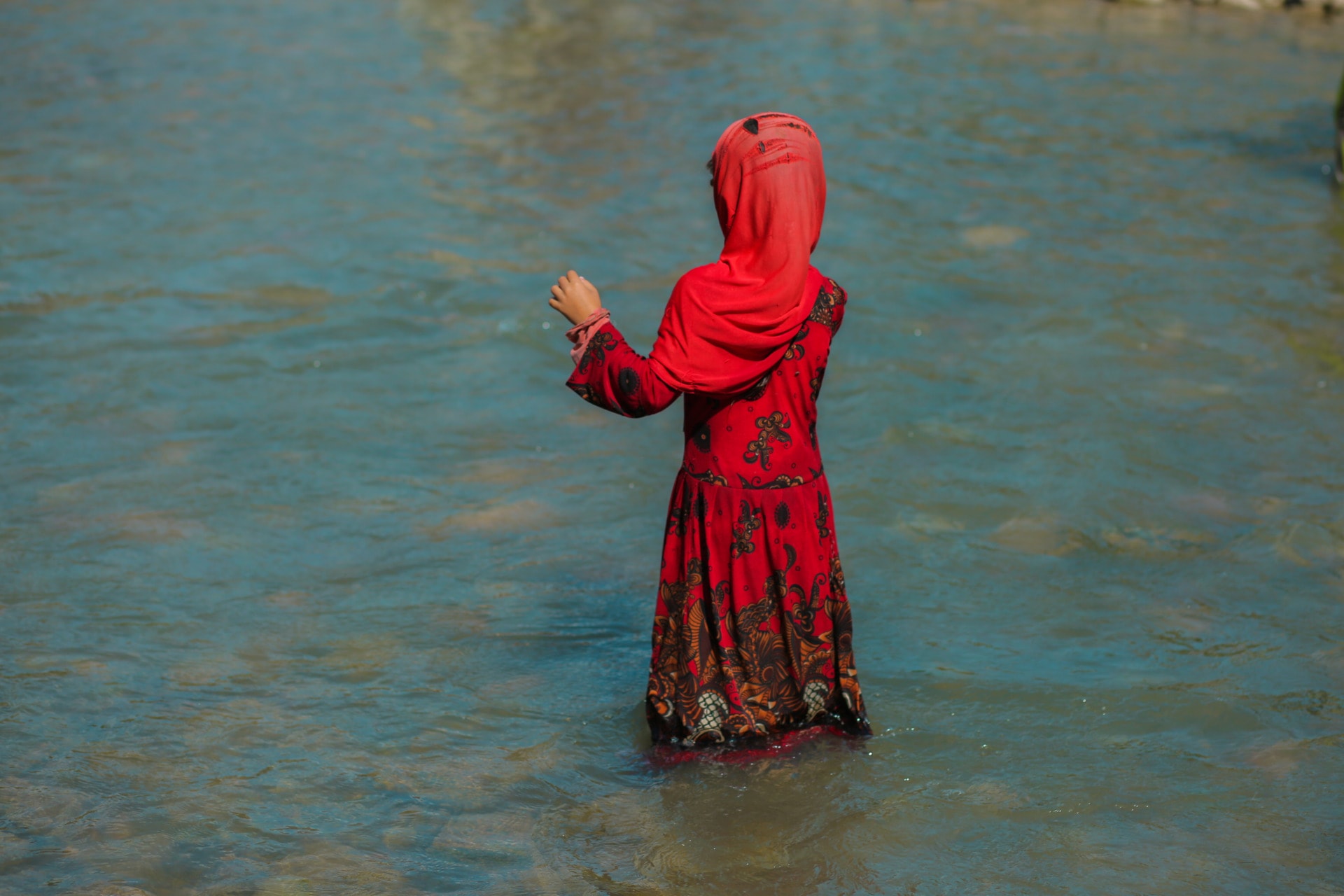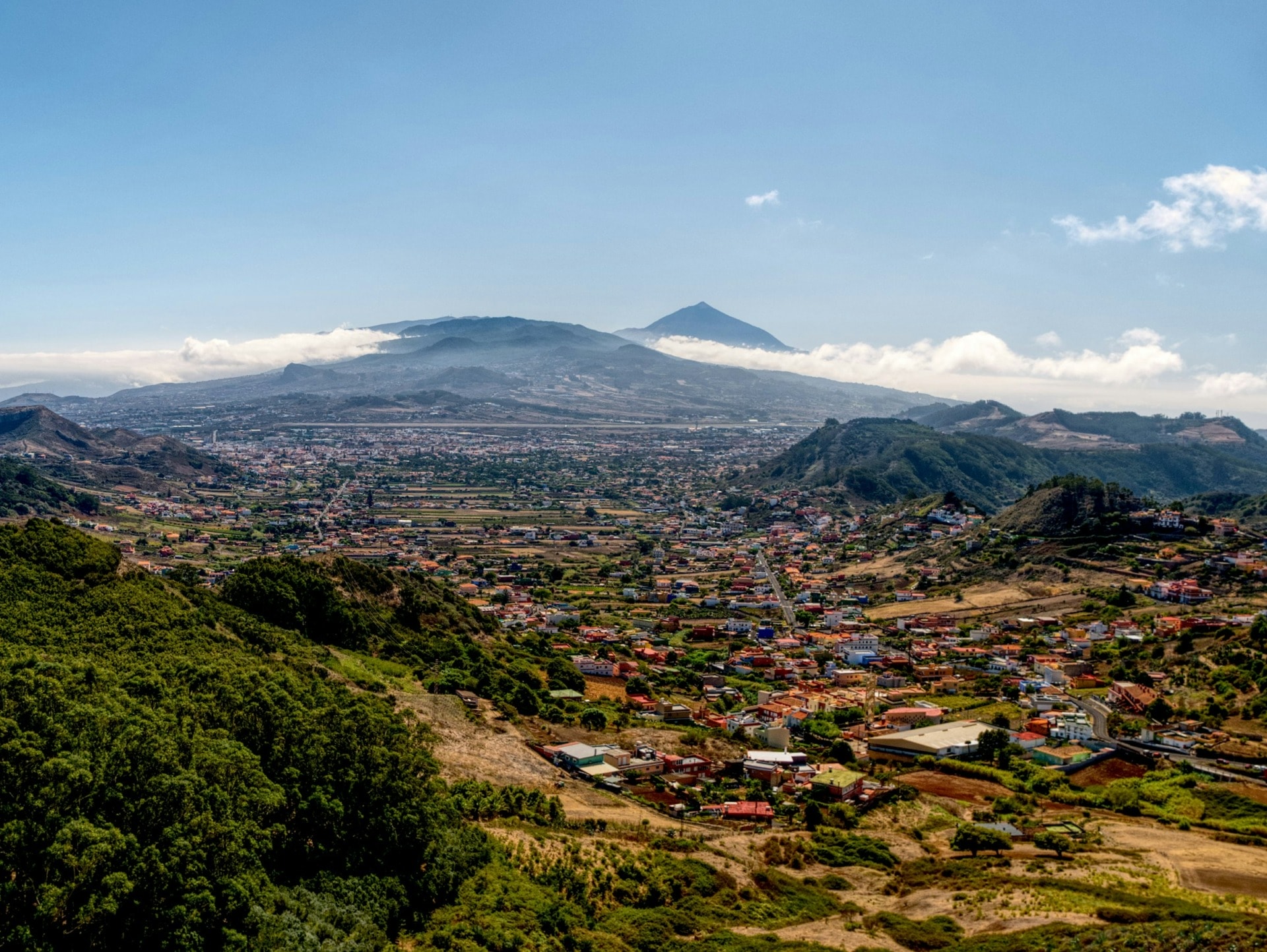There’s a lot of talk about biodiversity these days. It has become a buzzword in the corporate boardrooms of the food industry. As the co-founder of a small company, Yolélé, with biodiversity at its heart, I think a lot about it.
One thing that my team and I have learned since we started exploring this subject is that the term biodiversity has very different meanings for different people. For some, it’s all about animal extinctions; for others, it’s about natural ecosystems.
When we talk about biodiversity at Yolélé, we are referring to agrobiodiversity. Agrobiodiversity means farming systems that include multiple crops and activities.

But even within the sub-topic of agrobiodiversity, we still see different opinions and approaches. From a human perspective, losing agrobiodiversity means a threat to all mankind: when we become too reliant on a too-limited variety of crops, there might not be enough to eat if conditions threaten the viability of those crops. That’s what happened during the Irish Potato Famine.
According to this point of view, we should always cultivate a wider variety of crops. But even with a wider variety of crops, we will still have several problems, if we rely on intensive farming techniques and chemicals to increase yields and decrease food costs.
The problem is that it is not sustainable to pump chemicals onto our planet’s surface. Without multi-crop rotations, farmers use chemicals to temporarily enrich the soil they’re depleting with monoculture practices. In our opinion, this solution does not consider the long-term issues of using chemical products in agriculture.
Using grains other than rice or wheat and ensuring that there are plenty of varieties to confront unforeseen circumstances are big steps in the right direction.

At Yolélé, we believe that we need to embrace a farm-level definition of agrobiodiversity. Plants need good soil to flourish, and good soil is a busy system of plants, animals, and microorganisms, all working together in symbiosis. Using the farm-level definition allows us to recognize that no one crop is biodiverse. Millet, moringa, or yams are no more or less biodiverse than rice, wheat, maize, or soy. Biodiversity comes down to how many crops are grown on a single plot of land.
Let’s look at an example. Our main ingredient today is the drought-tolerant ancient West African grain fonio, and we’re grateful that some major global food manufacturers have come to us for fonio in an effort to meet their sustainable development goals including biodiversity and climate resilience.
On one level it’s true: by supporting the production of a crop that’s different from the big four that dominate the world’s farmlands, these companies will contribute to a global diversification of the set of crops grown commercially. But what if commercial growers started mono-cropping fonio to meet accelerated demand? The result would be more individual fields without biodiversity.
RELATED ARTICLES: Inspiring the Youth Towards Smart Farming Through Small-Scale Irrigation |Women at the Center of Agriculture and Climate Change in Central America |Innovative Index-Based Agriculture Insurance: Where Hope Meets Possibility |The Future of Agriculture? Integrating Agroecology and Climate-Smart Agriculture |What COVID-19 Means for Investment in Agriculture |Studying climate-smart agriculture in Vietnam
On a farm, especially a small farm, biodiversity means that multiple species share the same land. At its core, Yolélé is about commercializing biodiversity — building markets and processing capacity for multiple climate-smart crops grown by subsistence farmers, mainly women, in sub-Saharan Africa.
We may be selling fonio today, but to achieve our business and impact objectives, we need to think beyond fonio. If we decide to buy only fonio from farmers who use a classic silvo-agro-pastoral conservation system, we’d provide some income, but our purchases would not fully support their farms or their families. A biodiverse farm needs a good reason to grow all of its crops.

That’s why our upcoming fonio processing facility in West Africa will be a “cross-over” plant – capable of processing more than just one crop. When we faced the need to build capacity to meet global demand, we decided early on that we needed to install equipment that could handle not only fonio but also millet and sorghum – two climate-resilient crops generally grown by fonio farmers as part of their rotations.
By contracting for all three crops, we provide significantly more income to the families who supply us, and we also provide a financial incentive to keep their farms biodiverse. In fact, we’re taking it a step further, and including in the facility additional less expensive equipment so that we can be good customers for non-grain crops that truly round out a biodiverse system.
We believe that markets can help maintain and even expand biodiversity. At Yolélé, our job is to marshal market forces in the right direction. Who would have thought that the path to preserving an ecosystem is to commercialize it?
In the cover picture: Farmers. Photo Credit: Evan Sung / Yolélé
Editor’s Note: The opinions expressed here by Impakter.com contributors are their own, not those of Impakter.com














